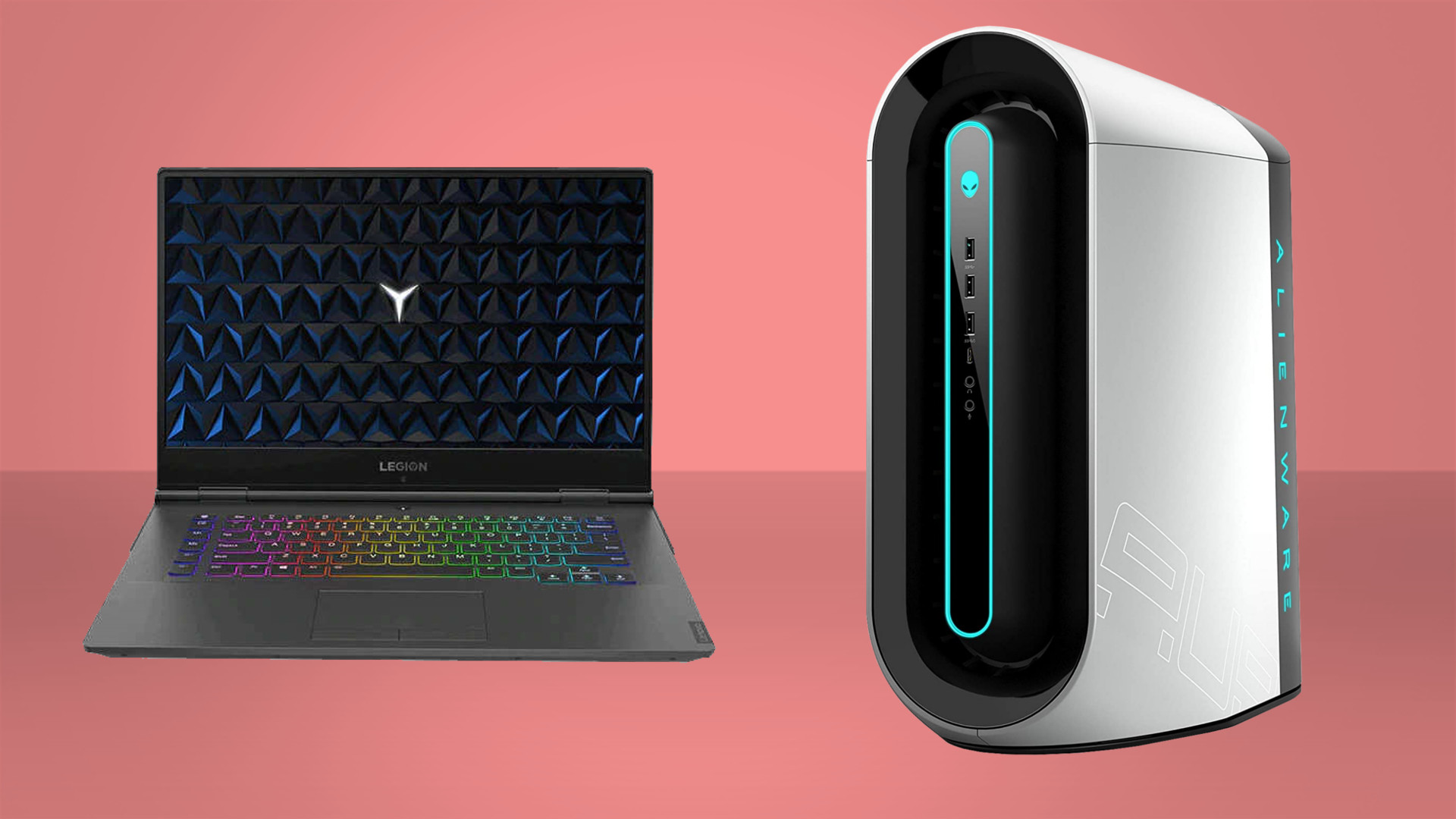Yes, Windows 11 will let you roll back to Windows 10, but you'll have to decide fast
Microsoft has promised to deliver a finalized version of Windows 11 by the end of the year, possibly by late October (around the same time Intel's next-gen Alder Lake CPUs arrives), but what if you upgrade and immediately regret the decision? Well, good news—you can roll back to Windows 10 with all your data and programs intact. You just have to be really fast about it.
The revelation is buried 20 rows deep in Microsoft's FAQ for Windows 11 (via Guru3D), and is only visible after hitting the 'Show more' link to expand the section.
"Can I go back to Windows 10 after I upgrade if I don't like Windows 11? Yes. After you have installed the Windows 11 upgrade, there is a 10-day period where you can move back to Windows 10 while keeping files and data that you brought along with you," Microsoft explains.
After the initial grace period, Microsoft says you will have to manually back up your data and perform a clean installation of Windows 10, if you are just not digging Windows 11.
In a sense, you can think of it as a short-term trial period. Ten days is fairly short, but hey, it's better than seven days, or no trial period at all. That at least gives you enough time to kick the tires on Windows 11 and get a little bit acquainted with the changes it introduces.
There are quite a few changes, too. Windows 11 will bring with it a fresh take on the user interface, along with a major update to the Microsoft Store (with support for Android apps), better Xbox app integration, and perhaps best of all (for gaming), support for Microsoft's DirectStorage API.

Best gaming PC: the top pre-built machines from the pros
Best gaming laptop: perfect notebooks for mobile gaming
DirectStorage is the same technology that is infused into the Xbox Series X/S, which allows developers to make better use of today's blazing fast NVMe-interface SSDs, including both PCIe 3.0 and 4.0 models. While still new, DirectStorage aims to improve game load times and enable faster texture processing, which in turn could lead to more expansive game designs. We'll see but, on the PC, it is a feature that is currently exclusive to Windows 11.
If you are hesitantly planning to upgrade your PC to Windows 11 with only one foot in the door, you may want to wait a bit. While technically a new OS, it's basically a big update, and as we have seen many times in the past, bugs and annoying quirks have a tendency to slip through. You know, like that time a Windows 10 update caused some files to go missing on some PCs, or when an update trashed framerates before Microsoft rolled out a fix.
Microsoft intends to support Windows 10 for another four years (until October 2025), so you certainly have ample time to be patient, if you want to. Or if you want to go in the complete opposite direction, you can check out Windows 11 right now by installing the official Insider Preview build.

Post a Comment